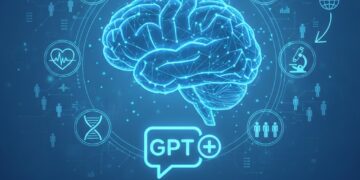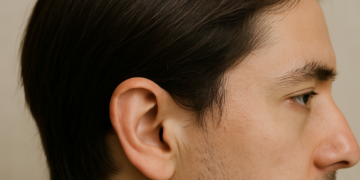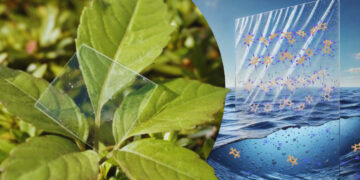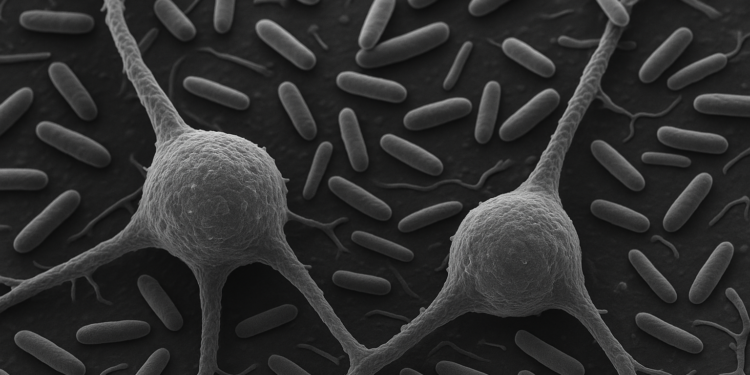A groundbreaking May 2025 study published in Nature Communications challenges the long-standing belief of a sterile brain: microbial traces identified in human brain tissue. What are the implications for neuroscience and medicine?
Does the Brain Host Bacteria? A Discovery That May Transform Neuroscience
For decades, one of the central dogmas in medicine and biology has been this: the human brain is a sterile organ, protected by the blood-brain barrier against any form of microbial life. But a new study, published on May 6, 2025 in Nature Communications, is now challenging that assumption.
An international team of neuroscientists, microbiologists, and pathologists analyzed post-mortem brain tissues using state-of-the-art genomic sequencing and imaging techniques. Their findings reveal consistent evidence of microbial presence — specifically, bacterial DNA and structures compatible with bacteria — in distinct regions of the human brain.
If confirmed, this discovery could rewrite the foundations of neurobiology and open up new avenues for understanding neurological diseases, cognitive behaviors, and brain development.
How the Discovery Was Made: Advanced Techniques to Avoid Contamination
The main concern in studies of this kind is the risk of contamination. However, the researchers followed an extremely rigorous protocol:
• Shotgun metagenomic sequencing on fresh brain tissues
• Scanning electron microscopy (SEM) to directly visualize bacterial structures
• Negative controls implemented at every sample preparation stage
• Double-blind analysis with independent teams
The microbes detected do not appear to come from the gut flora or through blood circulation. Instead, they may be specific brain residents with completely unknown functions.
Where Microbes Were Found — and What They Might Be Doing
Microbial structures, mostly Gram-positive bacteria, were identified primarily in:
• Hippocampus (memory-related region)
• Thalamus (sensory information relay)
• Cerebellum (motor coordination and learning)
Their consistent presence in strategic nervous system areas suggests they are not mere “accidental guests” but potentially a stable component of the brain’s microenvironment.
Some hypotheses on their biological roles include:
• Regulation of cerebral immune activity
• Modulation of synaptic plasticity
• Production of neuromodulators
• Influence on early neurological development
Clinical Implications: A Revolution in Medicine?
If this finding is validated, its impact could be enormous:
1. Neurodegeneration – Brain microbiota dysbiosis could be linked to disorders like Alzheimer’s, Parkinson’s, and ALS
2. Autism and Cognitive Development – Microbial presence/absence might influence early brain maturation
3. Psychiatric Disorders – New insights into anxiety, depression, schizophrenia
4. Innovative Therapies – Potential for targeted probiotic or antimicrobial treatments in the brain
What the Researchers Say
“This study does not claim with certainty that there’s an active brain microbiota like that of the gut,” says Prof. Matteo Pellegrini, senior author of the study, “but the idea of the brain as a completely sterile environment must be revisited.”
Though the authors urge caution, the evidence is consistent and reproducible, prompting the scientific community to urgently explore this new frontier.
Scientific Source:
Zhang et al., Detection of microbial signatures in human brain tissue, Nature Communications, published May 6, 2025.
Author Nobile Alessia



































